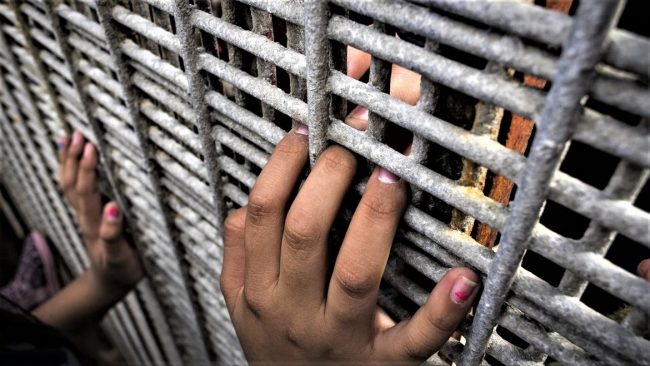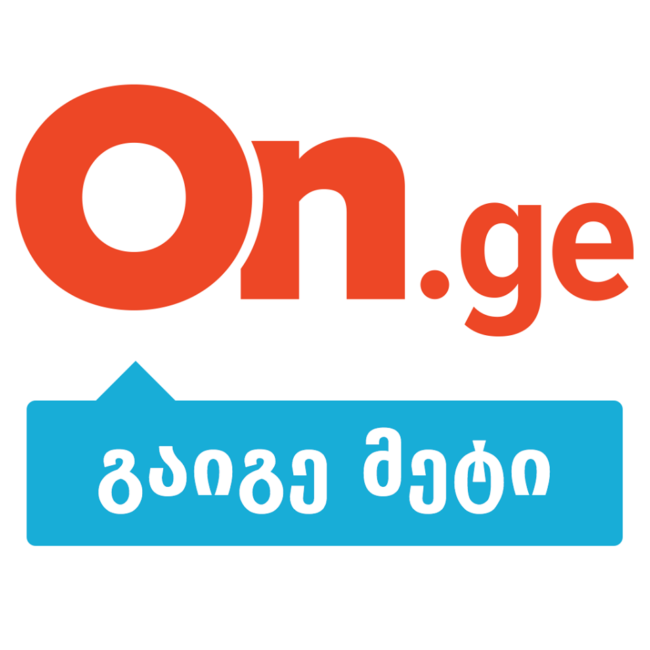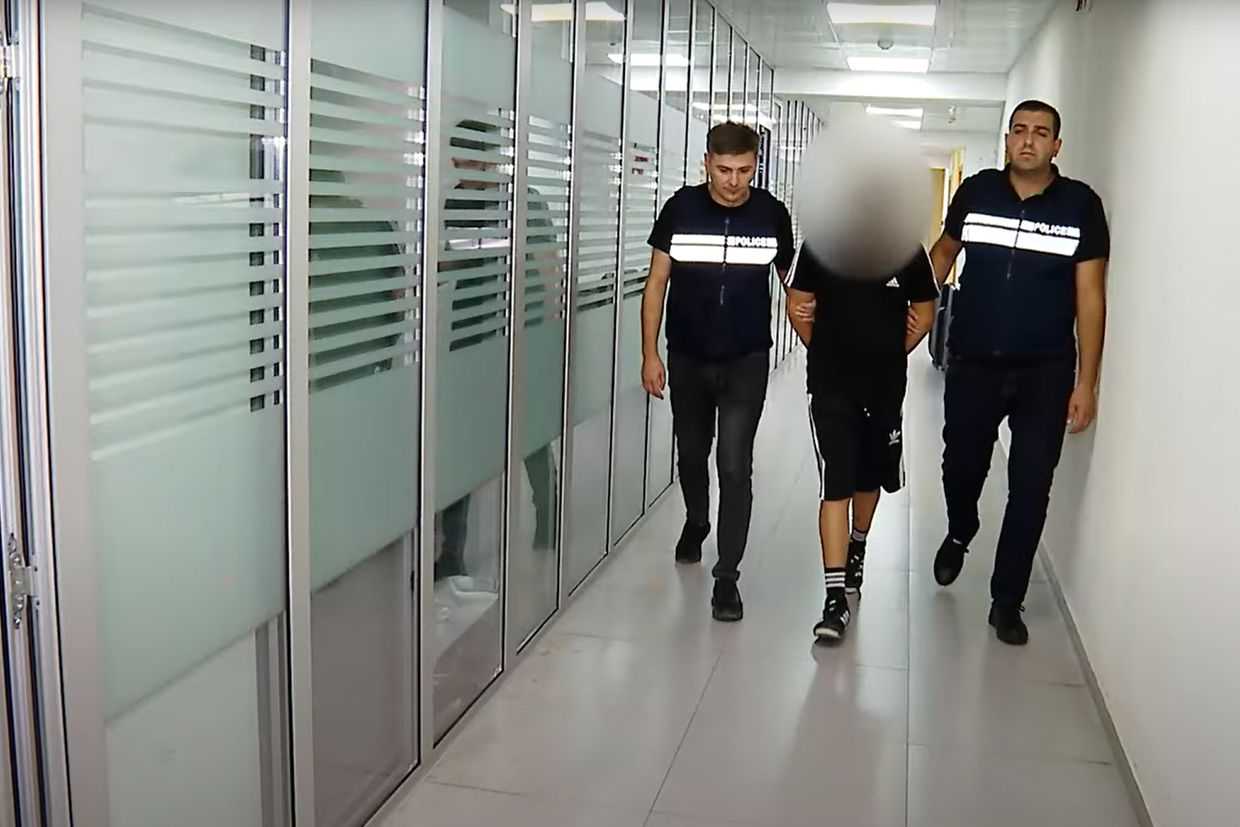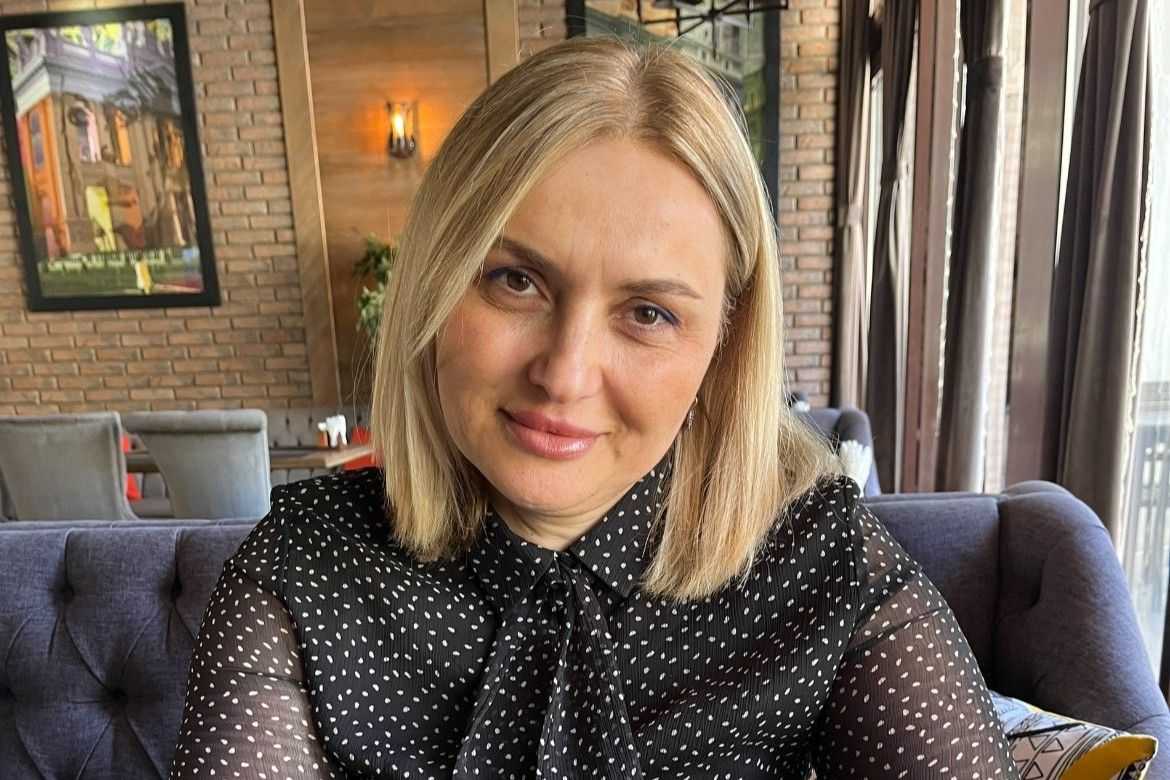

Since the 1990s, thousands of Georgians have left home in search of opportunities abroad, pushed out by food poverty, debts, unemployment, or to escape violence in the family. Below are stories from three women who braved landmines, hidden containers, and frozen seas in search for a better future in Greece.
Leila — four hours in the icy sea
‘I left because of my children. They graduated from secondary school and I didn’t have the means to send them to higher education. Of course, I was providing them with money for their education, but my earnings weren’t enough.’
‘My daughter was in a car accident. My son went through the war, he was fighting on the frontline in 2008. He was wounded twice, then he went missing. I managed to find him in a hospital, wounded and devastated.’
‘My husband died. After all this, I decided to leave in order to earn money for my children, who no longer had a father.’
‘The children could have lost their mother too’
‘On 16 February 2010, we crossed the Turkish–Greek border on an inflatable boat. We were arrested at sea. When the police saw us, one of the Turkish people smugglers made a hole in the boat.’
‘There were about 40 people on the boat. Three of us women were holding onto each other so as not to drown. The police didn’t take us immediately, but circled around us.’
‘It was mid-February, and I spent three or four hours in the water. I took most of my clothes off so as not to drown. I was in the water from around midnight to 4 or 5 in the morning.’
‘I wasn’t scared of anything. I have a Virgin Mary pendant with me all the time. I grabbed a man’s hand with one hand and was holding the pendant with the other.’
‘My only thought was a prayer — asking God that if I died, that I would be close to the shore, so that someone could find me and that maybe they would learn about my death in Georgia and my body would be taken there. Oddly, this was the only thing I was thinking about. I was terrified that my children had lost their father and now they could lose their mother too, but God didn’t wish for me to die then.’
‘The police first observed us with lights. In the end, they approached and started removing people from the water. Frightened people rushed towards the vessel; some were trying to climb up by themselves. The police hit the people with batons. The man I was clinging to also tried to climb into the boat. A police officer meant to hit him with his baton but instead hit my hand. It didn’t break the bone, but it was so painful I couldn’t feel my hand and it got swollen.’
‘Eventually, we got onto the boat. They forced us to our knees and made us put our hands behind our backs. A young man next to me told me that if the police came and asked where we were from, I should tell them we were from the US, but how could I say that without knowing a single word of English?’
‘I was on my knees, all wet. It was windy. People were shaking, but I couldn’t even feel the cold anymore.’
‘A police officer came and asked me where I was from. I didn’t know Greek and couldn’t even understand what he wanted, so I didn’t reply. The officer grabbed my hair and pulled it. Then he moved to the other people, asking the same question to everyone. People said the countries they were from.’
‘The officer came back to me again, grabbed my hair and pointed the baton at me, probably thinking that I was hiding where I was from. I made him take away his hands. I stood up, I felt like reaching the sky. I straightened my shoulders and said in Georgian that I was Georgian. Someone translated that I was from Georgia. The officer didn’t say anything else to me.’
Six months in prison
‘We had to travel for a long time, still wet, before we reached [the Greek island of] Samos. There were camps on the island where they took people detained crossing the border, and from there they distributed them to other detention centres.’
‘Before we reached the camps they took me to a doctor. The doctor asked me how old I was. I wrote down that I was 48. The doctor said I did very well to spend so many hours in the icy water and survive. They treated me well in Samos, I didn’t feel bad.’
‘I spent 22 days on Samos, then I was sent to another detention centre where I spent six months. For five months after being released I couldn’t find a job; my friends were taking care of me.’
Leila, 56, found her first job in Greece eight years ago, caring for an elderly person, but had to leave the job soon after due to the difficult working conditions. Within several weeks she found another job where she works to this day. She still doesn’t have a residency permit and often avoids going outside.
Nino — held up at gunpoint
‘My family was socially vulnerable. The house was in a terrible state — storms and rain had damaged it and the roof had collapsed. I had to raise my children in very difficult conditions.’
‘My children were hungry and I couldn’t stand it. I found a job, but the salary was less than ₾100 ($38) a month. I couldn’t feed two children with this money. My husband helped me in the beginning, but later he became addicted to alcohol and lost interest in the family and the children. I had to leave.’
‘There was a family living in my neighbourhood who were moving to Greece. I asked them to take me as well, but of course, it wasn’t free. It cost me €3,000.’
‘We left on 18 February 2010. When we reached Turkey it was late. There were no more buses and we were left in the street. We couldn’t find shelter. We came upon a mosque near one of the bus-stops. We found prayer carpets next to the mosque and that night we slept outside on those carpets.’
‘In the morning, we took a bus and reached the final village in Turkey before the Greek border. We met a Turkish man who understood that we wanted to cross the border. He offered to help and took us to his home. He told us to wait until 21:00. He understood that we had some money and as he lead us to the border he told some armed Turkish men to wait for us there.’
‘The men pointed their guns at me and demanded money. Of course, I gave them all I had. After taking the money, they left. The man told us that when we crossed the field in front of us we would be on the other side of the border, but that the field was mined.’
Crossing the swamp
‘We walked through a forest from 21:00 until 05:00; we got lost. We ran into a big swamp and tried to cross it. I fell into the swamp and got stuck; they barely managed to drag me out. Some young men helped the rest of us reach the other side of the swamp. Greek border guards were patrolling in cars. We had to lie on the ground all wet, to hide from them.’
‘When we crossed the border we saw a church. If we went to this church they wouldn’t arrest us, but unfortunately, the church was closed. We found an abandoned house, where there was nothing but cardboard boxes. We set them out on the ground and slept there.’
‘In the morning, we went out and asked around about how we could travel. We were told there were no taxis and there were only buses. We [Nino and another woman] were hiding at a bus stop. A man who had helped us to cross the border went to buy tickets. He was accompanied by two young men who had also crossed with us. When the first man went into the shop, the police arrested the other two. The first man tried to help them but the shopkeeper told the police that this man was also an immigrant and in the end, all three of them were arrested.’
‘Only two of us were left, me and my female friend. We didn’t know what to do. The man who had helped us told the police where we were hiding, as he was worried something could happen to us. We got rid of our passports at the very beginning so we wouldn’t be deported.’
‘They treated us like dogs’
‘The police took us to Orestiada [a Greek town near the border] and put us in an immigrant detention centre. I spent two and a half months there. Then they took me to “Allodapon” [a detention centre in Athens], where I spent three and a half months.’
‘In Orestiada, there was one big cell where they kept all of us. They treated us like dogs. They would open the door and kick food-boxes inside. The women would fight each other for the food. In “Allodapon” we didn’t see the sun for three and a half months. The female prison guards didn’t treat us well, they would always insult us, although some of them were nice too.’
Nino, now 48, left the detention centre after six months. She found a job several months after her release. Before that, she lived at her friend’s house. Several years afterwards she received a residency permit. For the past nine years, she has worked as a carer for the elderly.
Natia — ‘Either I would kill my husband, or he would kill me’
‘I went to Greece because of my husband. I spent fifteen years trying to protect myself, to stay alive. I was often scared that in moments of temporary insanity I would kill him or else he would kill me. So I just left.’
‘On 6 May 2008 — I left. I left my 12-year-old son and 10-year-old daughter. My son found it harder to cope. For as long as I live I will never forget the image of him back there. No one will ever be able to return to us the years I lost here.’
‘We were ready for anything’
‘I had an acquaintance who offered to help me and my neighbour get to Greece. It was a bit cheaper for us as we paid €2,800. There were three others with us and each of them had to pay €3,300. In Kutaisi, we met the person who would help us cross the border.’
‘This person explained to us that there was a small space in a bus, a container, where we had to hide. We were ready for anything, we had to go. We never thought of the consequences.’
‘We departed from Kutaisi. When we left Istanbul behind, we were told to hide inside this small space in the bus. I couldn’t get in at first as I’m scared of enclosed spaces. A girl from Kutaisi who was with me went in first. She said it wasn’t so cramped and I felt relieved so I got inside.’
‘It was really narrow; we couldn’t stretch our legs out completely. There was a carpet underneath and we lay hunched up. There was a very dim light and a small fan, it was very very small. I panicked.’
‘I feared that we would run out of air’
‘We were all scared. We were told that if they stopped the bus for a long time at the border and the engine stopped, then the small fan in our container would also stop. I’m frightened of being in enclosed spaces and I feared we would run out of air. The others with us were afraid of the police. There was an old woman in the container; she was really nervous too. I saw her taking a lot of pills.’
‘Fortunately, they didn’t stop the bus for a long time. The person who was helping us warned us that they would kick some objects at the bus at the border and we shouldn’t make any noise, as they do it so people hidden in the bus come out because of the noise.’
‘When we reached Thessaloniki I checked the time and it turned out that six hours had passed since we entered the container. They let us out and led us to another bus through a bathroom. Although we’d already crossed the border, we still had to hide inside a container. We protested as we couldn’t take it any longer, but we were told we had to hide in the container until Athens as they might stop the bus again on the road. In the end, we spent 11 hours in a container.’
Forty-year-old Natia has lived in Athens since 2009. She lived with friends there at first. She couldn’t find a permanent job and so works several jobs at the same time. After living in Greece for nine years, she received a residency permit and can now visit her family in Georgia frequently.
This article is a partner post written by Giorgi Shekeladze. The original version first appeared on On.ge, on 19 September 2018.









